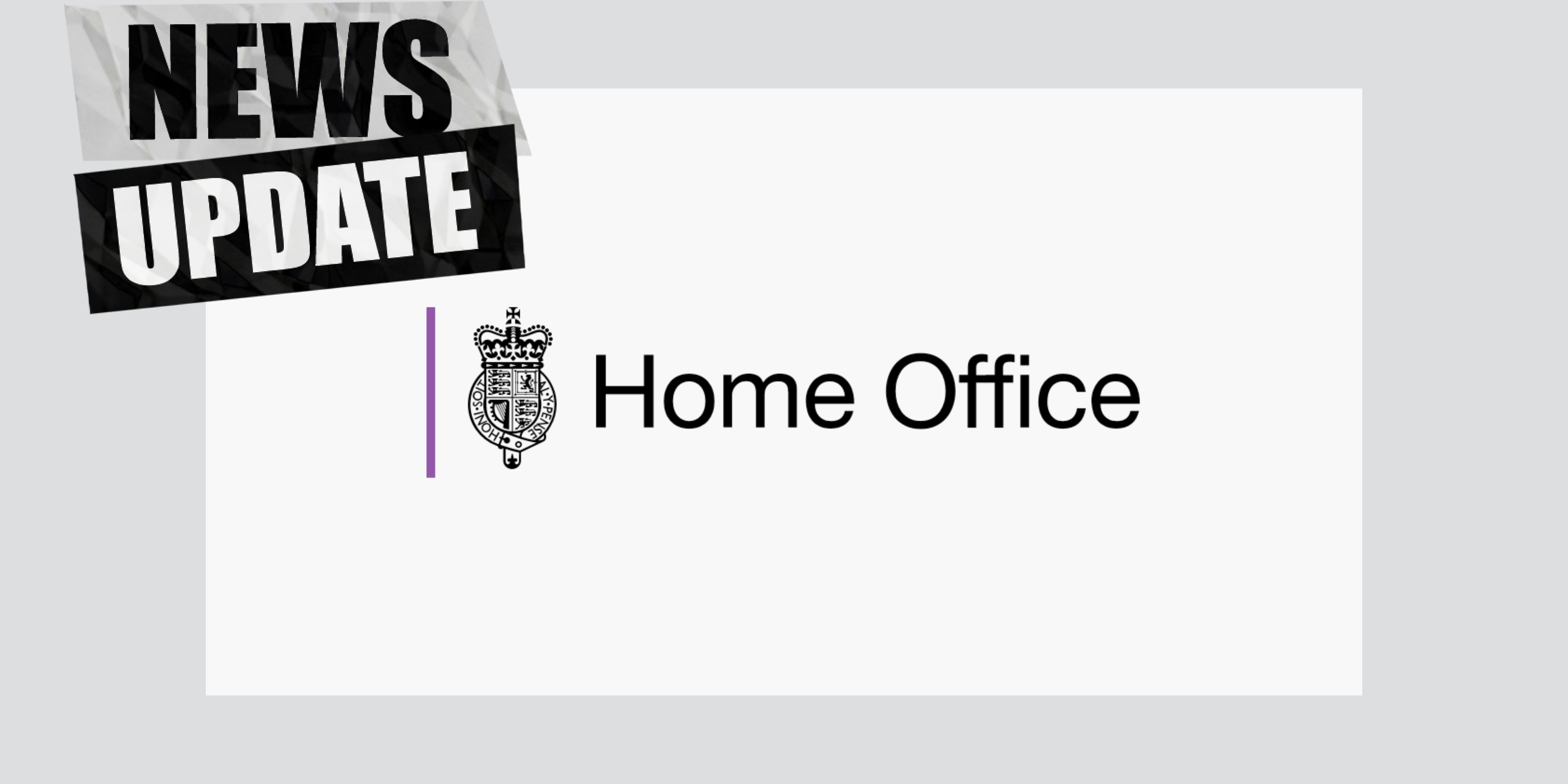Public debate is focused on what might happen after the General Election. Change is in the air, and everyone wants a piece of it. Will higher education be high up the list for reform? Unlikely, with health, the economy, and global security in the top spots.
The Office for Students’ (OfS) performance as the English sector’s regulator has been under heavy scrutiny, the recent House of Lords enquiry had a series of excruciating hearings leading to a report that was heavily critical and recommended substantial changes. And Universities UK commissioned an evaluation of the burden of regulation, reporting that there is a lack of clarity in regulatory timelines, significant resources required for compliance, and a perceived lack of constructive engagement in the sector-regulator relationship. It has often felt like the OfS has assumed that everyone is out to screw the system.
This dynamic must change: it’s wasteful for students and it doesn’t reflect the reality of a sector in which the vast majority of staff are working in good faith for the best ends. We shouldn’t regulate for the sake of it or design an entire system to take care of marginal cases. The OfS argues, with reason, that things have changed since HERA became law in 2017, the sector now has a regulator not a funder. Universities state that they are comfortable with having a regulator but want to have good relations and feel as though their autonomy and track record are shown a bit more respect.
As we stand today, the OfS is at a crossroads. It needs to be assertive and independent, but also to command respect and credibility within the HE sector. Our aim here is not just to critique, but to set out a roadmap that acknowledges the barriers which have hindered the OfS’ effectiveness and to chart a course for the future.
How did we get here?
The OfS was established with the ambitious goal of championing and regulating in the student interest. However, its journey has been marred by a series of challenges which have raised questions about its effectiveness as a regulator.
- An inauspicious start. The OfS was established in a febrile political environment. The legislation was introduced at the same time as the government was driving forward the Teaching Excellence Framework (TEF), attempting to attach fee levels to quality judgements, some ‘culture wars’ were just beginning to catch on and the impact of the 2012 fee reforms were now becoming evident; with no funding left to distribute, there was only regulation left. This rocky start set the tone for strained relations between the OfS and the sector.
- Instability causes mistrust. The HE sector values continuity and certainty about what the future holds. At the OfS’ outset, a new registration process for all providers was introduced, consuming a great deal of OfS bandwidth to the detriment of almost anything else. The sector felt left in the dark and disengaged from an activity that was all process and no output. In addition, the roll-out of TEF created a great unknown: it was always going to be controversial and having to handle this as a first task didn’t help the OfS.
- Pick your fights. The OfS’ approach to working with the Quality Assurance Agency (QAA) and the dismissal of the Quality Code it had developed with (and for) the sector were unnecessarily confrontational. This created a sense among institutions that their autonomy and academic freedom were being undermined and disregarded creating an atmosphere of suspicion that has hindered effective dialogue.
- Every action has a reaction. The ripple effects of this troubled relationship were almost instant. In higher education institutions, which did not have a trusting relationship with the OfS, resentment grew from the belief that the regulatory framework lacked empathy for the challenges and nuances of managing educational institutions. Institutions that have struggled to interpret and comply with simultaneously onerous and obtuse regulations have reacted with bureaucratic and hesitant internal structures.
- The temptation to interfere. As noted by the Institute for Government’s commentary on the House of Lords report, a credibly independent regulator depends on the “willingness of government to hold back from giving day-to-day steers – and to the OfS board asserting itself should this not prove the case.” Ministerial trigger-happiness and the OfS’ seeming willingness to issue new directives in response, does not reassure that it operates with the necessary independence from Government. The fact that the Chair of the OfS takes the whip of the governing party in the House of Lords just doubles down on the perception.
- Where are the students? With students in the title and a distinct remit to protect the interests of students, it would have been a reasonable expectation that students would have featured prominently in the OfS from the outset. However, the OfS has decisively chosen to water down some of the QAA and Hefce commitments to student participation and engagement in their regulatory requirements for HE providers. It was telling that some of the most damning evidence presented to the House of Lords inquiry was from students.
Where next?
Key leaders in the sector and their representative bodies are very clear that they accept the need for a robust regulator. A renewed OfS, with the leadership and board able to assert appropriate independence, should grasp the opportunity to capitalise on this consensus; to find common ground and a regulatory environment that is accepted by all but beholden to none. The agenda for change should cover many dimensions, and start from the premise that checks and balances are needed, but that good faith remains the dominant and most effective mode in the sector.
Tomorrow, we will set out some steps that can be taken to achieve the required change.



